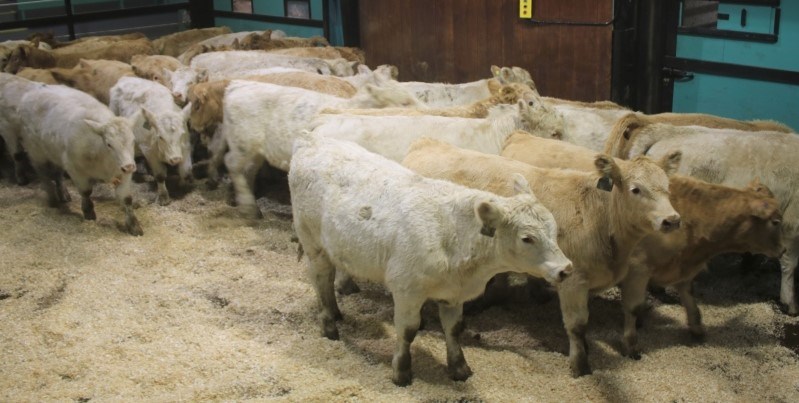YORKTON - There was little surprise the other day when I noted a story at about a cow/calf producer concerned by shrinking margins.
Typically, when grain prices are high, it puts huge pressure on the livestock sector.
Of course when grain prices plummet, and they no doubt will again at some point, things look better in terms of making a dollar with livestock.
It is the reason that most farms across the Prairies were mixed farms at one point. There was a dollar to be made on one side of the equation, or the other.
But, the idea of doing a little bit of a lot of things changed to focusing on specialization.
Certainly specializing makes some sense in terms of being very good at production, but expertise doesn’t necessarily mean making money. If feed prices soar because grain prices are high, it doesn’t matter how specialized an operation is, the cost of feeding cattle and hogs jumps and cuts into any profit margin.
On the cattle side, especially the cow-calf sector, the issue tends to magnify.
For one thing, land dedicated to pasture and hay production becomes harder to justify when grain and oilseed prices are high as they are today. Even if the land is not likely to produce top yields it is likely they can produce enough canola or wheat or barley to generate better returns than cows and calves.
Of course to make that jump means selling off the cow herd, and therein lies the biggest concern. A good cow herd is often created over many generations using top genetics and careful breeding programs. When the cows are sold down the road it is years of effort lost, which is a substantially bigger decision to make than changing a crop rotation from wheat to field peas.
So the question becomes how long to hang on before changing the core of a farm operation away from livestock?
That is a huge question given just how high the prices of grains and oilseeds are. They can take a fairly significant tumble and still pencil out to a solid return.
And what is the long term future for livestock production?
There appears to be ramifications based on carbon taxation to consider.
And livestock producers have to at least ask the question will grain-based meat substitutes become widely popular, or remain a sort of fringe demand getting a lot of media buzz? The answer could impact the ability of livestock prices to fully rebound.
What the livestock sector looks like in the future is likely to be significantly different from today for multiple reasons, not necessarily better but certainly different.






